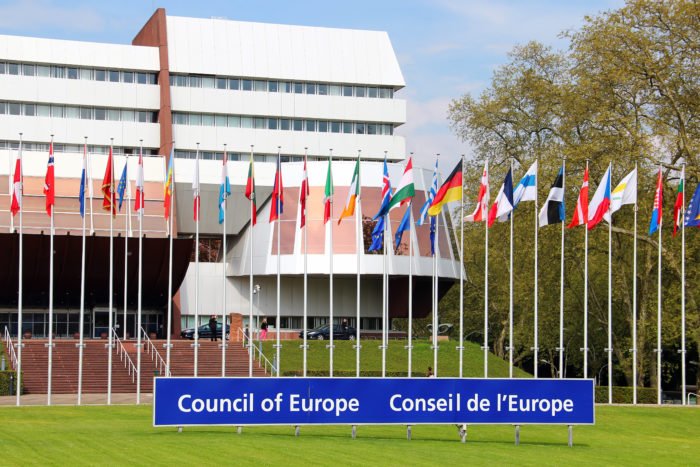A report recently released by the Council of Europe’s anti-corruption group, the Group of States against Corruption (GRECO), has revealed that Turkey had failed to comply with 74.2 percent of its 31 recommendations as of the end of 2020, Turkish Minute reported.
GRECO aims to improve the capacity of its members to fight corruption by monitoring their compliance with anti-corruption standards. It helps states to identify deficiencies in national anti-corruption policies, prompting the necessary legislative, institutional and practical reforms.
The report, released on Thursday and titled “21st General Activity Report 2020,” showed that Turkey had implemented only 6.5 percent of the recommendations while partly implementing 19.4 percent of them as of end-2020.
The country failed to implement 75 percent of the recommendations regarding prosecutors, 83.3 percent regarding judges and 57.1 percent regarding members of parliament, the report said.
According to the report Turkey didn’t implement any of the seven recommendations regarding MPs and only partly implemented 42.9 percent of them.
GRECO previously noted in the Second Interim Compliance Report on Turkey, which was released in March, that the country’s current level of compliance with the recommendations remained “globally unsatisfactory” and that it “had implemented satisfactorily … three of the twenty-two recommendations contained in the Fourth Round Evaluation Report.”
With respect to members of parliament, no tangible progress has been made to implement GRECO’s recommendations, the report underlined, adding that shortcomings such as “the need to enhance the transparency of the legislative process by laying down rules on public consultations in the legislative process and the lack of measures to ensure MPs’ integrity” remain to be addressed.
“The underlying reasons for GRECO’s recommendations remain the fundamental structural changes which have weakened judicial independence and also led the judiciary to appear even less independent from the executive and political powers,” the report said.
Turkey was shaken by two corruption investigations implicating then-Prime Minister and current President Recep Tayyip Erdoğan’s inner circle that became public on Dec.17-25, 2013. Erdoğan’s Justice and Development Party (AKP) government subsequently suppressed the corruption scandal by managing to control the judiciary by creating special criminal courts headed by a single judge, thanks to the AKP’s parliamentary majority.
These judges then jailed all the police and prosecutors who had conducted the 2013 corruption investigations, while Erdoğan and his family members who were implicated have never appeared in court.















